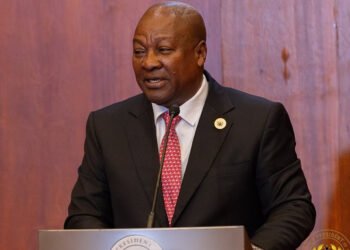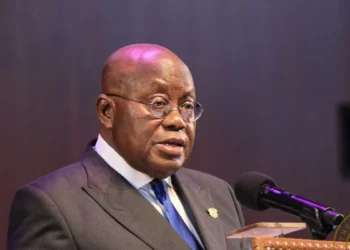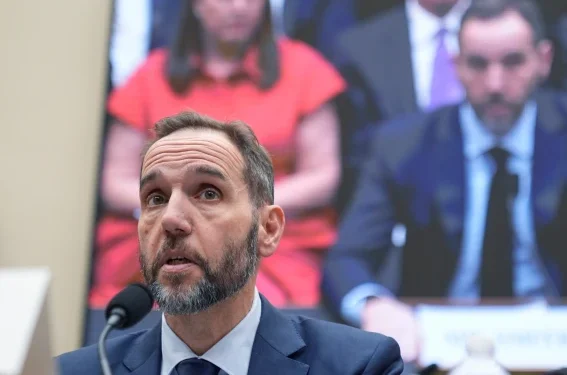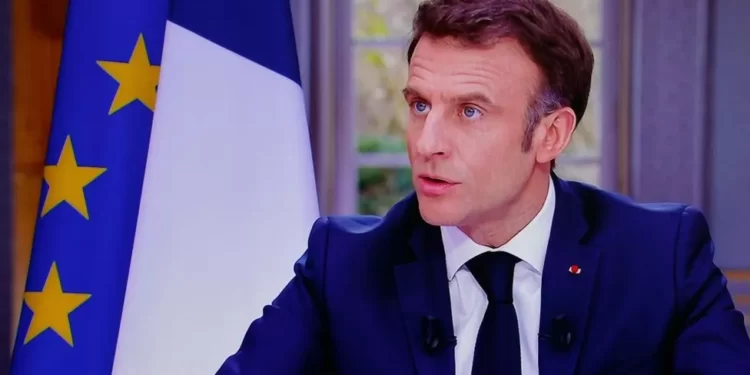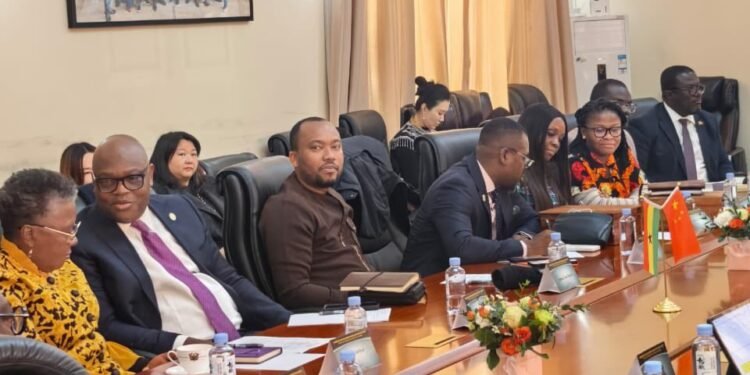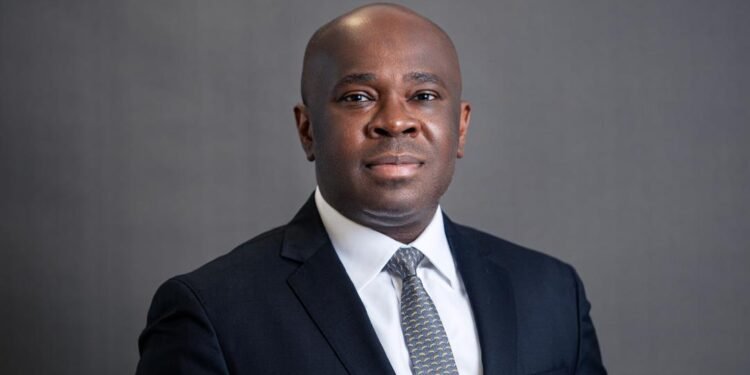Mr. Isaac Dwamena, the coordinator for the Public Interest Accountability Committee (PIAC), has firmly rejected calls for drawing funds from the Ghana Heritage Fund (GHF).
Instead, he has advised the government to emulate the investment strategies of countries known for their high returns on sovereign wealth funds to enhance the returns of the GHF.
“When you look at a country like the United Arab Emirates, the income they generate through tourism is more than what they get from the oil and gas sector. I see Saudi Arabia building their economy in that direction. They are decreasing their dependence on natural resources, so they build a fund, the returns of which become an income beyond the life span of the natural resources.”
Mr. Isaac Dwamena, Coordinator, PIAC
Mr. Dwamena stressed that these countries have successfully transformed their sovereign wealth funds into substantial sources of budgetary support.
Mr. Dwamena highlighted that countries like Norway and the UAE are able to make withdrawals from their funds due to their robust returns and strategic investments. “Increasing allocation to the fund can improve the capacity of the fund to generate more income for budgetary support,” he added.
The Public Interest Accountability Committee (PIAC) recently disclosed that Ghana’s Sovereign Wealth Fund, also known as the Ghana Heritage Fund (GHF), generated $29 million in annual income in 2023. According to PIAC’s annual report, the GHF’s realized revenue for 2023 was $29 million, with the fund’s total value standing at $1 billion since its inception in 2011.
The report also highlighted that the Ghana Petroleum Fund (GPF) received US$330 million, representing 56 percent of the revised planned allocation for 2023 and 57 percent of the distribution to GPFs for the same period in 2022.
In 2023, the Ghana Heritage Fund received US$99 million, accounting for 30 percent of the GPF allocation. This distribution was 43 percent lower than the distribution to the GHF for the same period in 2022 but 56 percent higher than the revised projected distribution to the GHF for 2023.
The Petroleum Revenue Management Act (PPRMA) mandates that not less than 30 percent of the amount remaining after the distribution to the Annual Budget Funding Amount (ABFA) shall be disbursed to the GHF. The committee has also proposed options to increase the fund’s earnings, especially considering the imminent depletion of Ghana’s oil reserves in the coming years.
Mr. Dwamena’s recommendations come at a crucial time when the management of Ghana’s sovereign wealth is under scrutiny. He advocates for a long-term perspective that ensures the GHF continues to serve as a significant financial pillar for the country, even after the depletion of its natural resources. His vision aligns with global best practices, where countries like Norway and the UAE have successfully leveraged their sovereign wealth funds to achieve economic stability and growth.
The need for a robust and sustainable investment strategy for the GHF cannot be overstated. By emulating the successful models of other nations, Ghana can potentially safeguard its economic future.
Mr. Dwamena’s call for increased allocation to the fund and a clear, strategic investment approach aims to bolster the fund’s capacity to support the national budget and contribute to the country’s long-term economic resilience.
As Ghana continues to navigate its economic challenges, the insights and recommendations from experts like Mr. Dwamena are invaluable. His emphasis on building a strong financial foundation through strategic investments underscores the importance of forward-thinking policies and prudent financial management.
By adopting these strategies, Ghana can enhance the returns on its sovereign wealth fund, ensuring sustained economic benefits for future generations.
READ ALSO: GFI Advised to Develop Practical Ways to Solve Industry Challenges




